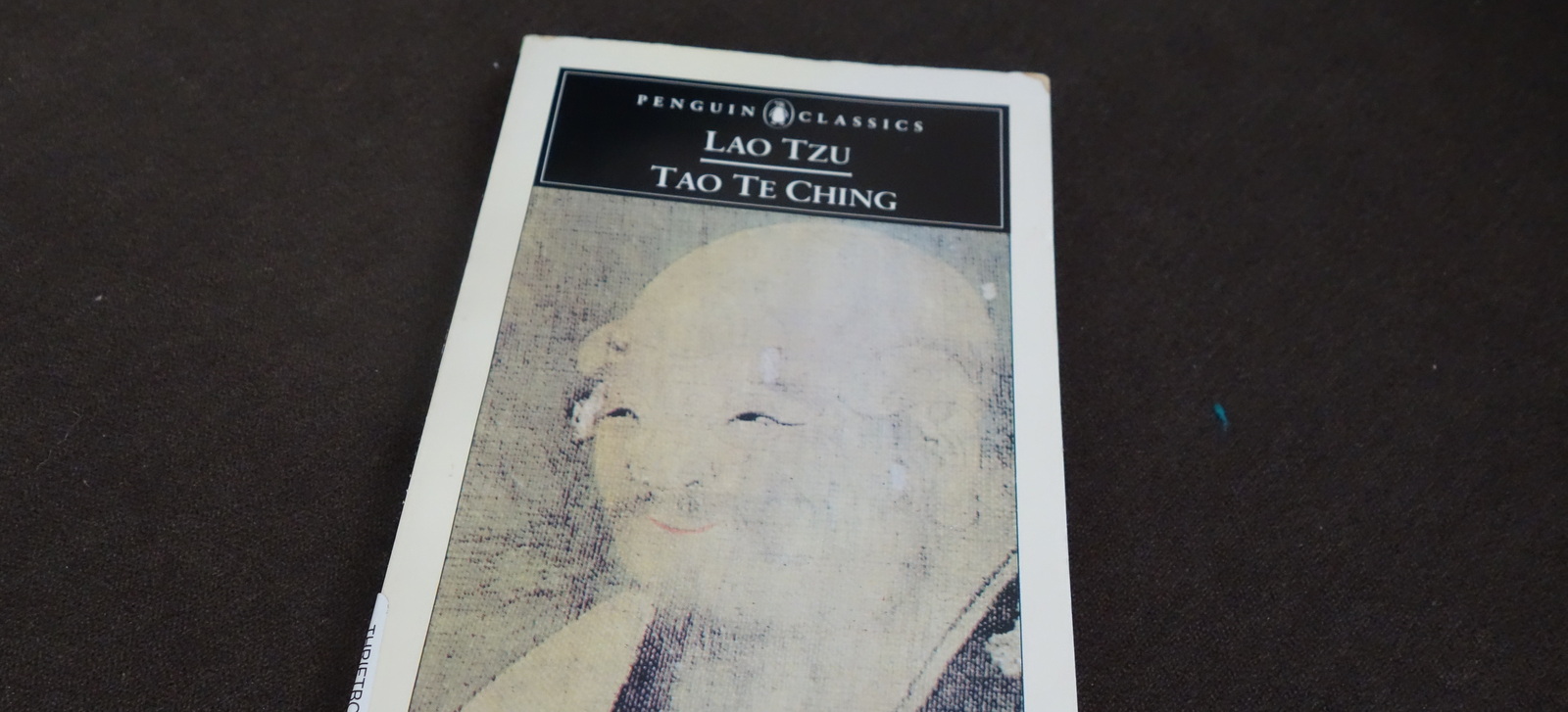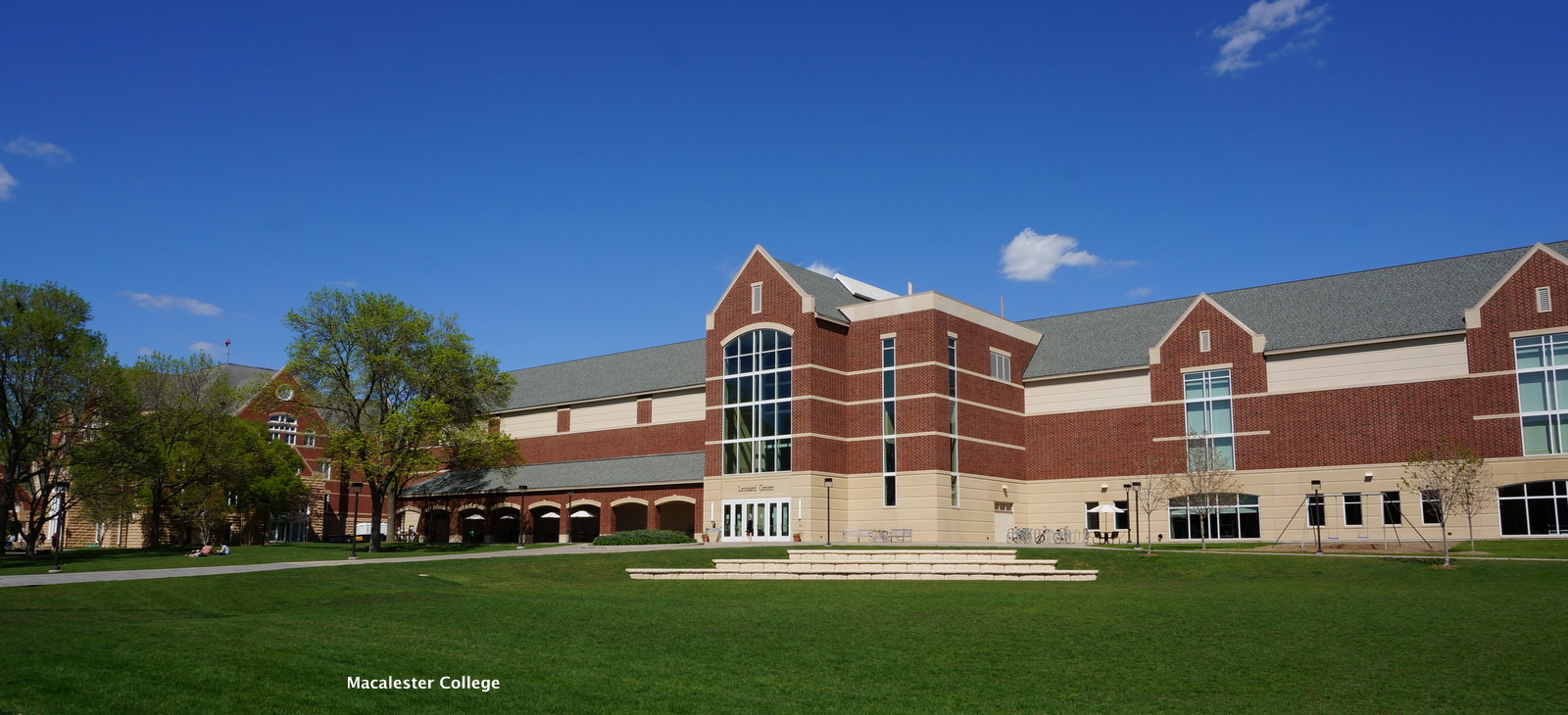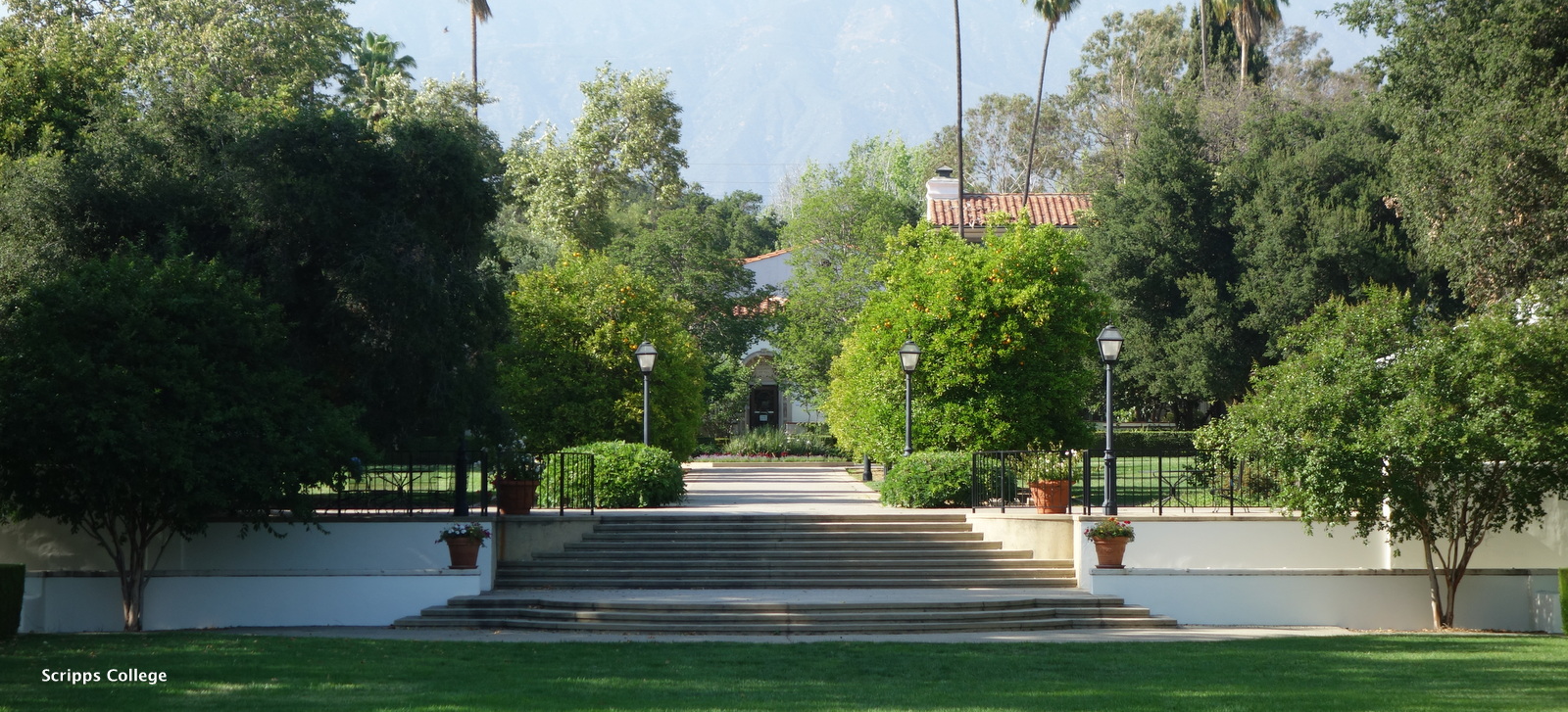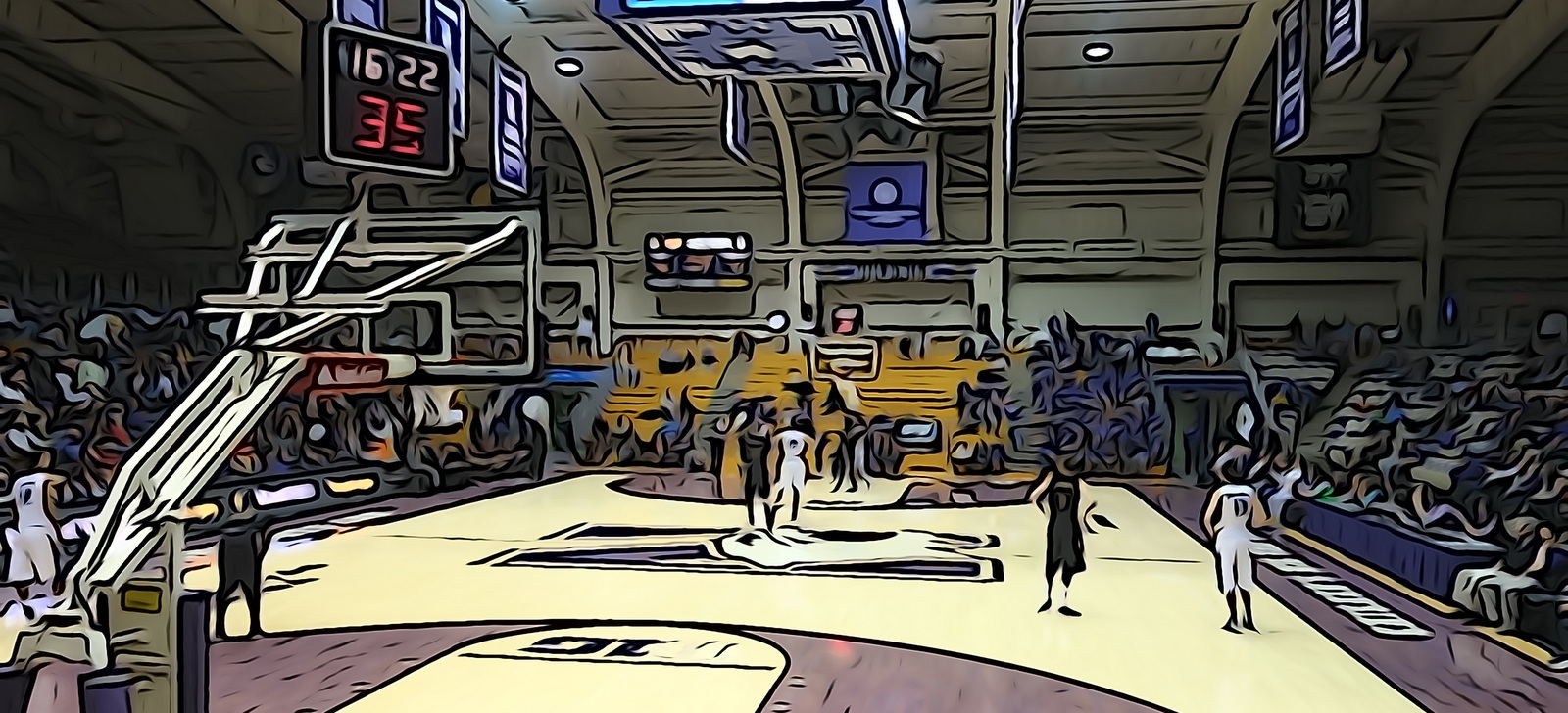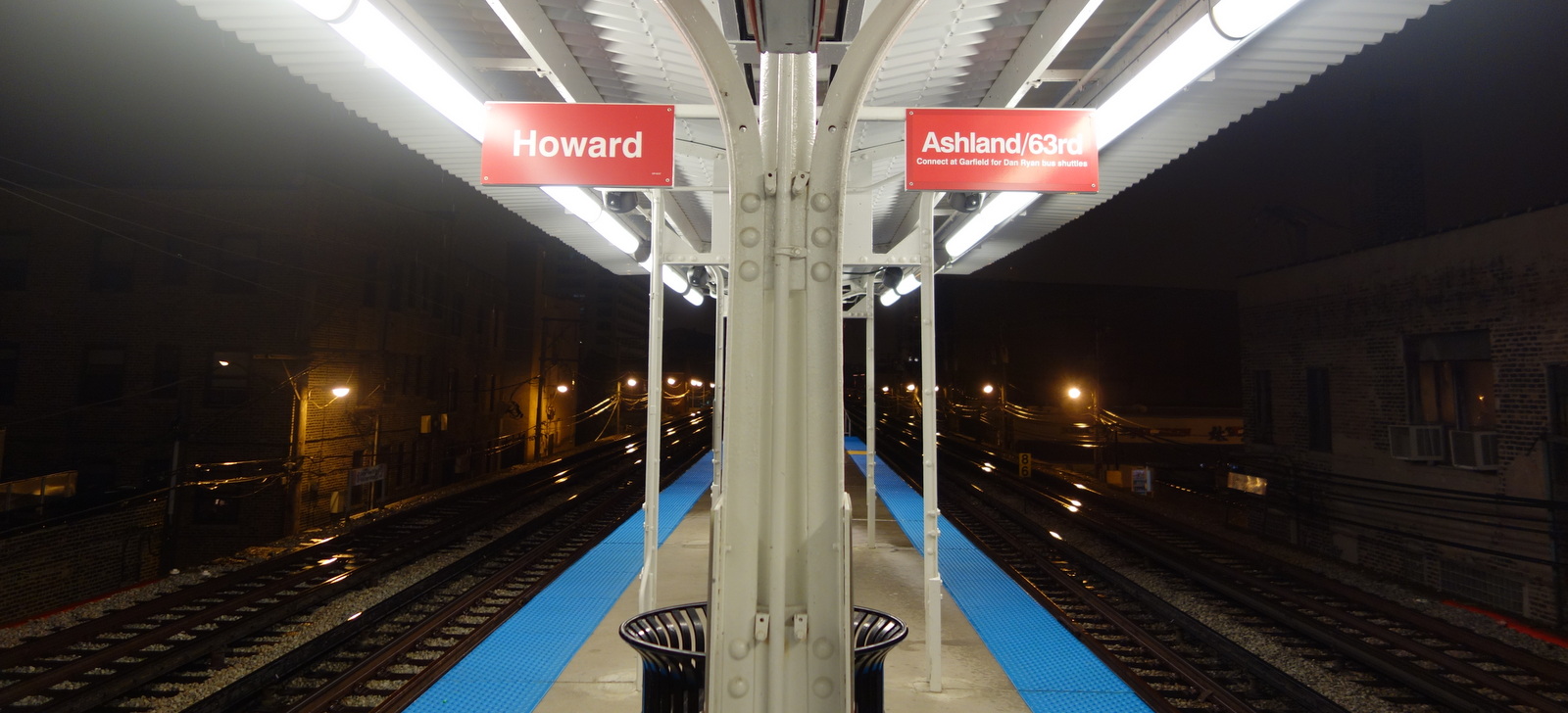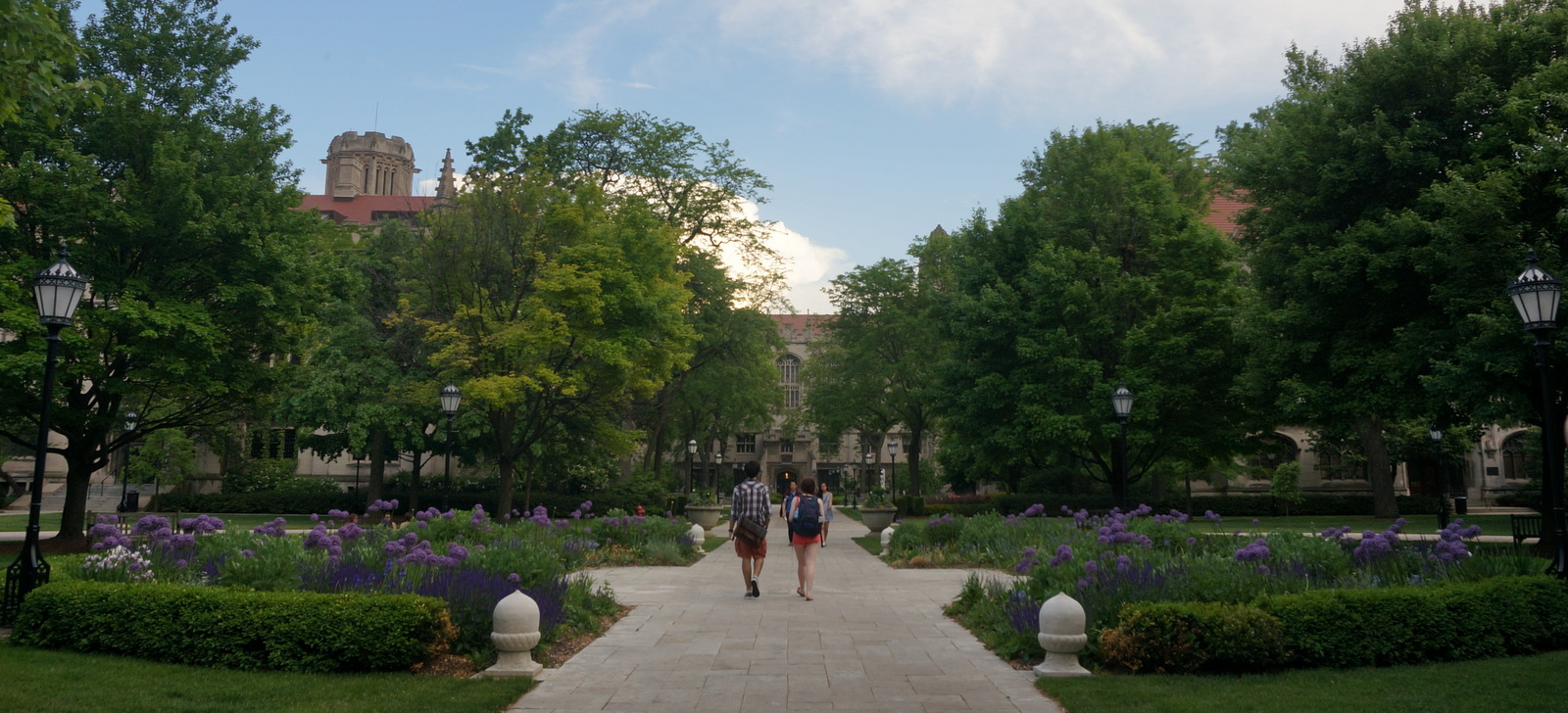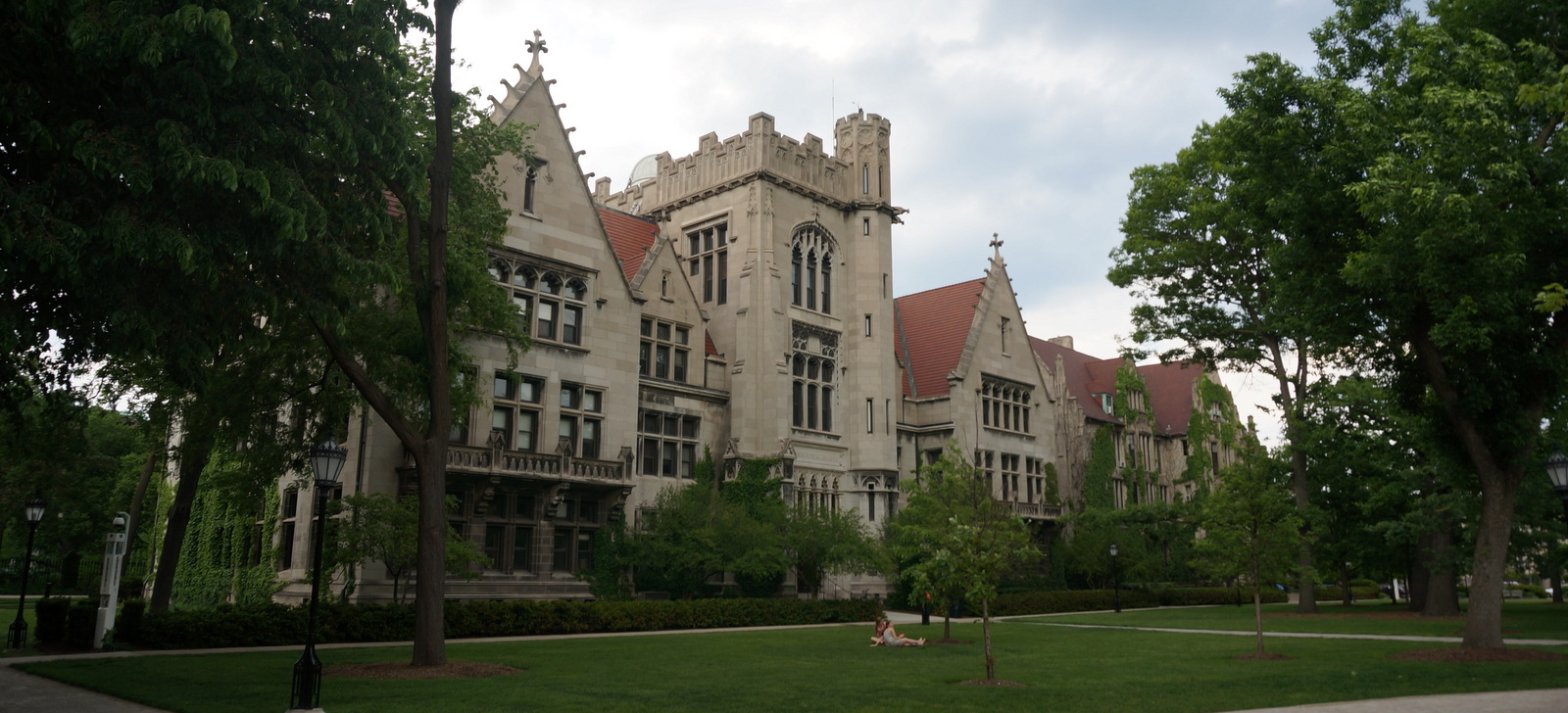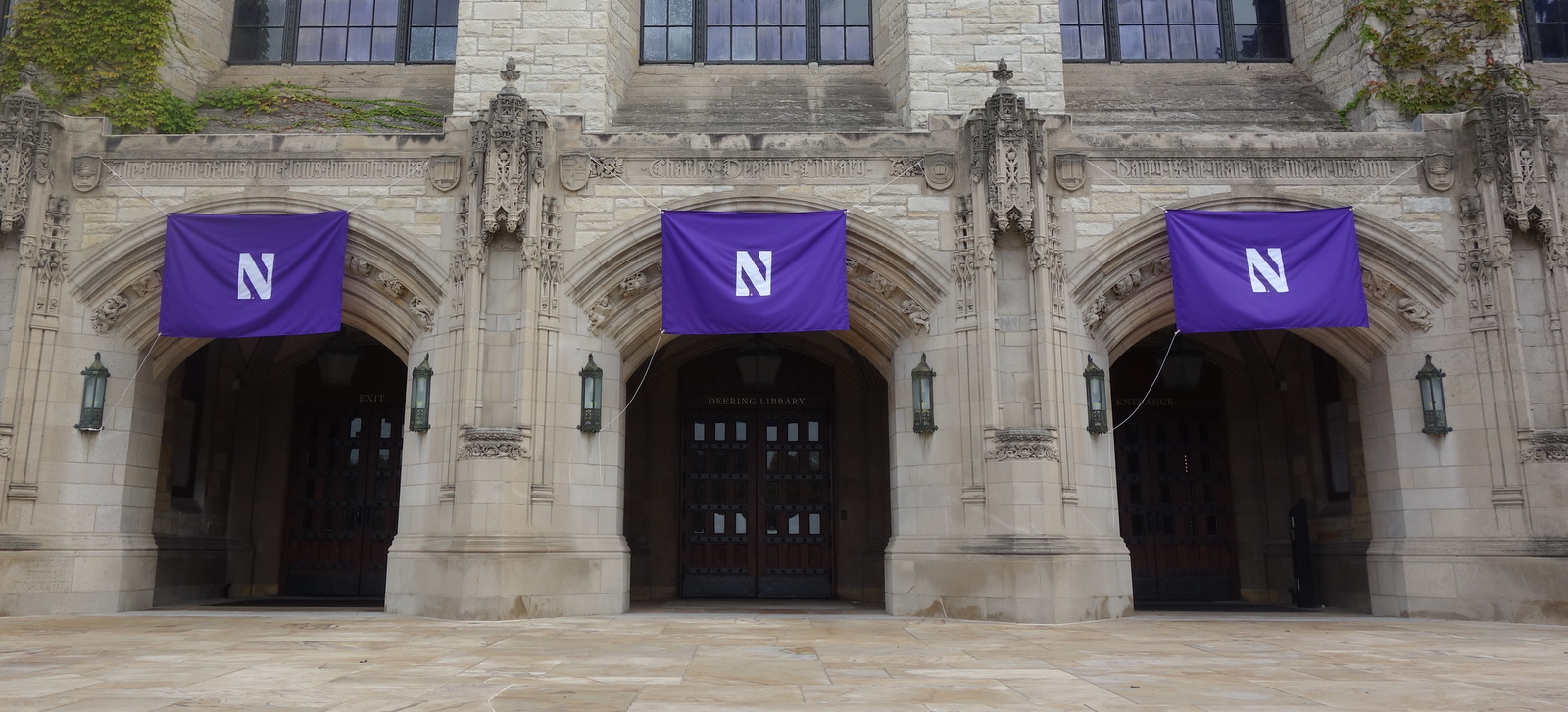Road Trips, Eastern Philosophy, and College Admissions
“We’re in the Twilight Zone!” My mom, apparently, was less excited about Mandatory Metallica at nine pm on the rural Massachusetts radio station than the seventeen-year-old version of me was. In truth, the Twilight Zone was less about aggressive alternative rock than it was about the windy mountain road and opaque blackness surrounding us. The map had said that Williamstown, Massachusetts was only thirty or so miles away, but we’d been on the road for forty-five minutes with no conception of getting closer to our destination.
That was in 1998, the summer before my senior year of high school, as my mom accompanied me on the drive from northern Wisconsin to the east coast and back, with stopping points at Northwestern University, Grove City College, Princeton University, Columbia University, and Williams College for tours, info sessions, and on-campus interviews, back when essentially all interviews were conducted on campus. While the trip was defining for my college choices—I officially fell in love with Northwestern, while Columbia and Grove City found themselves discarded—it stands out in my memory because it was a ten-day road trip with just my mom.
My mom and I have a long history of road trips. Countless trips to the Miller Hill Mall in Duluth, Minnesota dot my childhood memories, and following our epic haul to Massachusetts and back, my mom and I have been intentional about trying to find time alone in the car. We both have a penchant for talking about ideas and feelings, and really resonate when discussing our mutual value systems, life experiences, and future goals.
So when my family was planning how we would complete our move from California to Minnesota, I put together a plan that included my mom joining me on the thirty-some hour drive across a good part of the U.S. For the trip, we purchased Great Minds of the Eastern Intellectual Tradition, a Great Course taught by Grant Hardy of UNC Asheville, to be our conversation driver. I had a lot of background in the study of Eastern religion and philosophy throughout my education, but surprisingly little exposure to Taoism and Confucianism. The more I listened, the more I saw an interesting blend of these two philosophies undergirding a strong college preparatory plan.
Confucianism is obvious. Structure, order, activity. Discern goals and accomplish them. I’d say that most ambitious high school students, regardless of background, take a Confucian approach to building up their profile to become more attractive to college admissions officers.
But what struck me was the value of a Taoist perspective on college admissions. I plan to write more about this in future posts, but one quote stands out in my memory. I can’t remember who said it, but it was in a series of statements that offered caricatures of the diverse schools of thought emerging in the Warring States period in China. To describe Taoism, it was said that “the Taoists do nothing and accomplish everything.”
The Taoists do nothing and accomplish everything.
Now, I’m not saying that literally doing nothing is the key to competitive college admissions. It’s quite the opposite. However, the pure Confucian approach will always leave an applicant wanting. Wanting for depth, specificity, purpose, and most of all, authenticity. The Taoist approach to living is more organic. It involves patience and waiting for the natural path to emerge. To me, that “natural path” is the authentic pursuit that is truly and uniquely fulfilling to an individual. It’s that passion for journalism and politics that drives a student to write pieces that ultimately make their way into major publications, earning the student a trip to join a UN delegation. It’s that impossible-to-fake love of jazz that leads a student to not only compose music, but also to buy, refurbish, and sell used saxophones, turning a $30,000 profit in just two years in high school.
Both of these are true stories, and both of these are examples of students who did not flood their resumes with any activity that might bring a boost. They intentionally pursued their organic path.
And both were extraordinarily successful in admissions.
